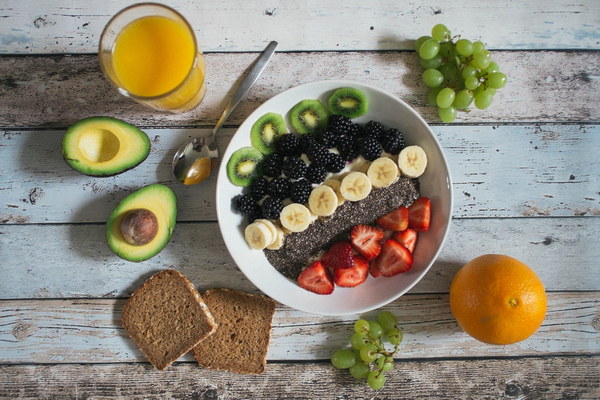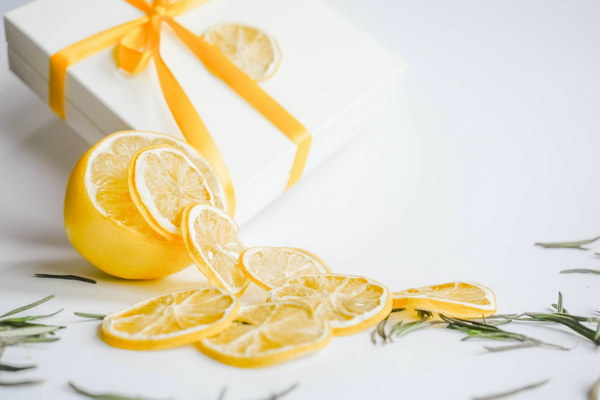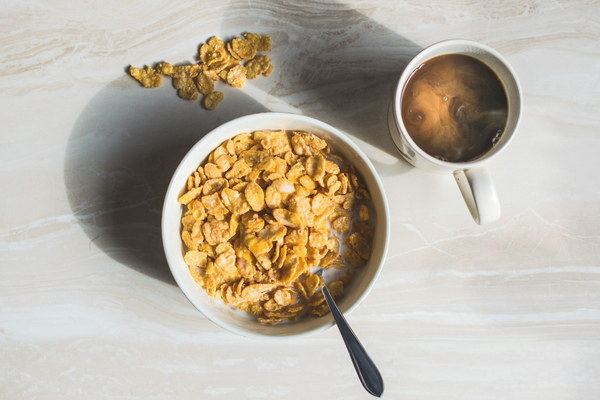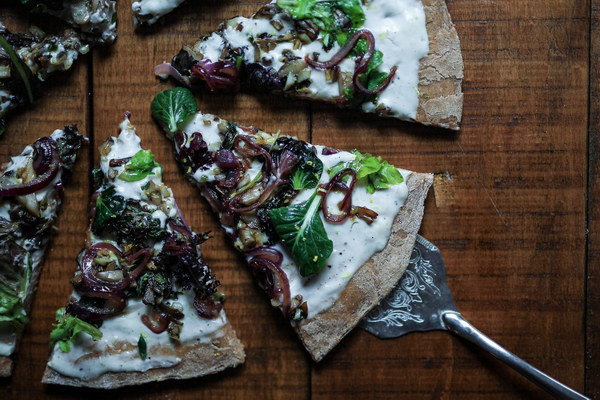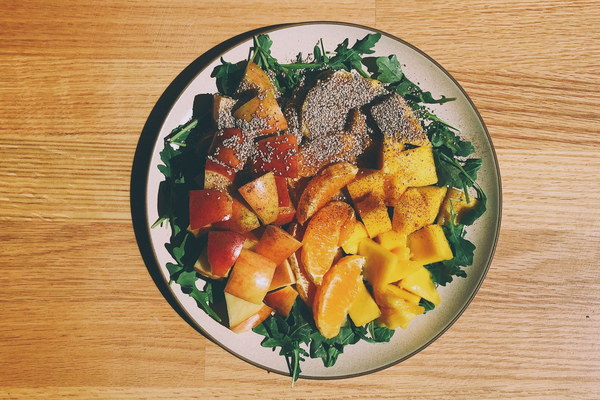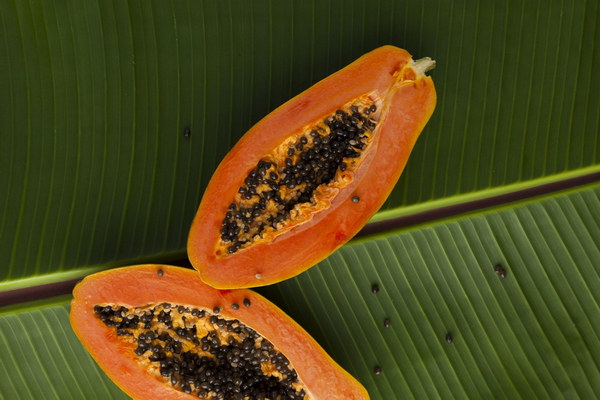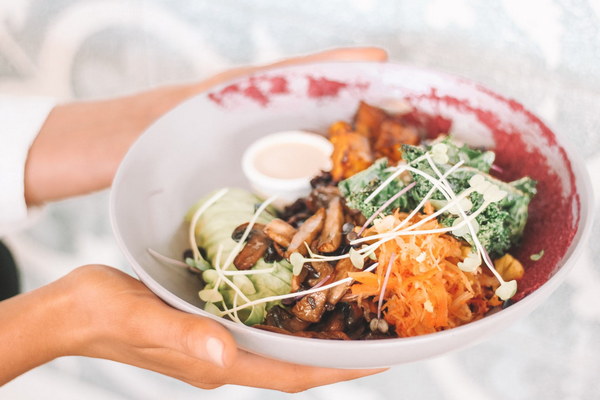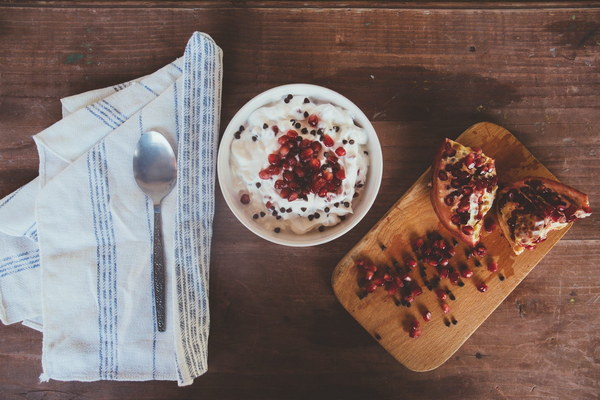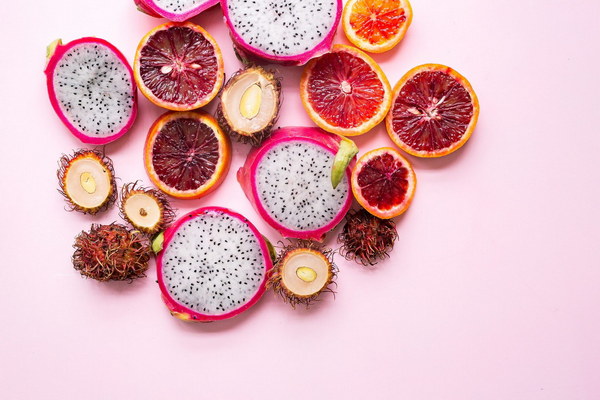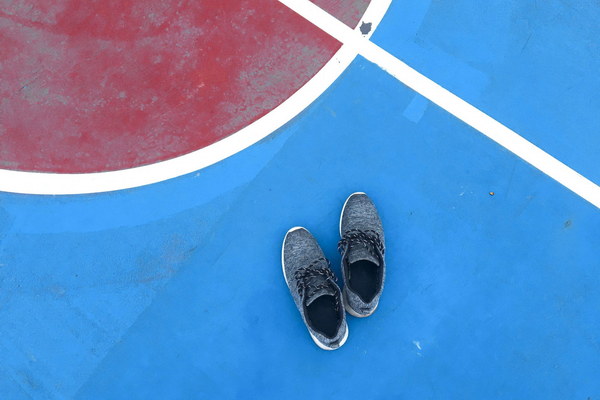Revitalizing Elders A Comprehensive Guide to Boosting Qi and Blood in the Elderly
Introduction:
As we age, it is common for the body's natural processes to slow down, and one of the most prevalent issues among the elderly is a deficiency in Qi and Blood. Qi, often referred to as vital energy, is the fundamental life force that flows through the body, maintaining health and vitality. Blood, on the other hand, is responsible for nourishing the body's tissues and organs. When these two vital elements are deficient, the elderly may experience fatigue, weakness, and other symptoms of poor health. This article aims to provide a comprehensive guide on how to effectively supplement Qi and Blood in the elderly, promoting overall well-being.
1. Understanding Qi and Blood Deficiency
Qi and Blood Deficiency is a common condition in traditional Chinese medicine (TCM), characterized by symptoms such as fatigue, weakness, palpitations, dizziness, pale complexion, and poor concentration. It can be caused by various factors, including poor diet, stress, illness, and genetics.
2. Diet and Nutrition
A well-balanced diet is crucial for replenishing Qi and Blood. The following foods are particularly beneficial for the elderly:
- Iron-rich foods: Dark leafy greens, beans, lentils, and lean meats help to increase blood production.
- Vitamin C-rich foods: Citrus fruits, strawberries, and bell peppers enhance iron absorption.
- Vitamin B12-rich foods: Fortified cereals, eggs, and dairy products support red blood cell formation.
- Vitamin E-rich foods: Nuts, seeds, and vegetable oils help to nourish the blood vessels.
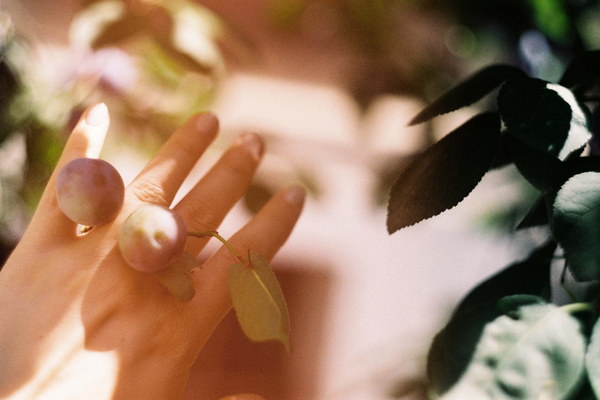
- Herbs and spices: Astragalus, ginseng, and cinnamon have been traditionally used to boost Qi and Blood.
3. Traditional Chinese Medicine (TCM)
TCM offers a variety of treatments to address Qi and Blood Deficiency:
- Acupuncture: This ancient practice involves inserting fine needles into specific points on the body to stimulate Qi flow and promote blood circulation.
- Cupping: Cupping therapy creates suction on the skin, which helps to relieve muscle tension, improve circulation, and boost Qi.
- Chinese herbs: A TCM practitioner can prescribe a customized blend of herbs to address the individual's specific Qi and Blood Deficiency.
4. Exercise and Lifestyle
Regular exercise is essential for maintaining Qi and Blood flow:
- Tai Chi: This gentle form of martial arts promotes relaxation, improves balance, and enhances Qi circulation.
- Qigong: Similar to Tai Chi, Qigong involves slow, flowing movements and breath control to boost energy levels.
- Adequate sleep: Ensuring a good night's sleep is crucial for the body to repair and regenerate Qi and Blood.
- Stress management: Techniques such as meditation, yoga, or deep breathing exercises can help reduce stress, which can contribute to Qi and Blood Deficiency.
5. Supplements and Vitamins
While dietary adjustments and lifestyle changes are essential, some individuals may require additional supplementation:
- Iron supplements: These can help address iron-deficiency anemia, a common cause of Qi and Blood Deficiency.
- Vitamin B12 supplements: For those who have difficulty absorbing B12 from food, supplements can be beneficial.
- Vitamin C supplements: As an antioxidant, Vitamin C can support overall health and enhance iron absorption.
Conclusion:
Boosting Qi and Blood in the elderly is a multi-faceted approach that involves a balanced diet, traditional Chinese medicine, exercise, and lifestyle changes. By addressing the root causes of Qi and Blood Deficiency, the elderly can experience improved vitality, reduced fatigue, and enhanced overall well-being. It is always advisable to consult with a healthcare professional before starting any new treatment or supplementation regimen.
